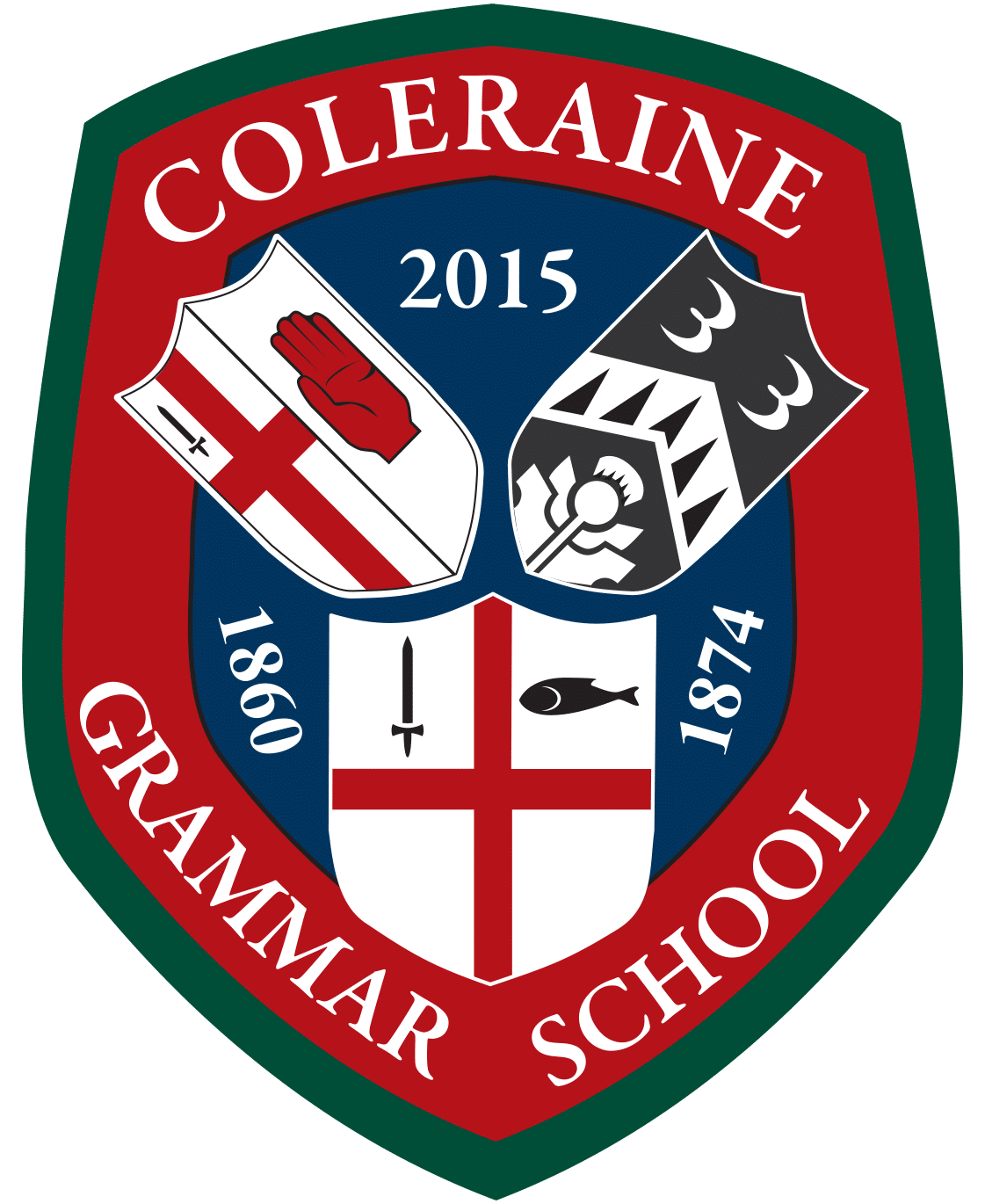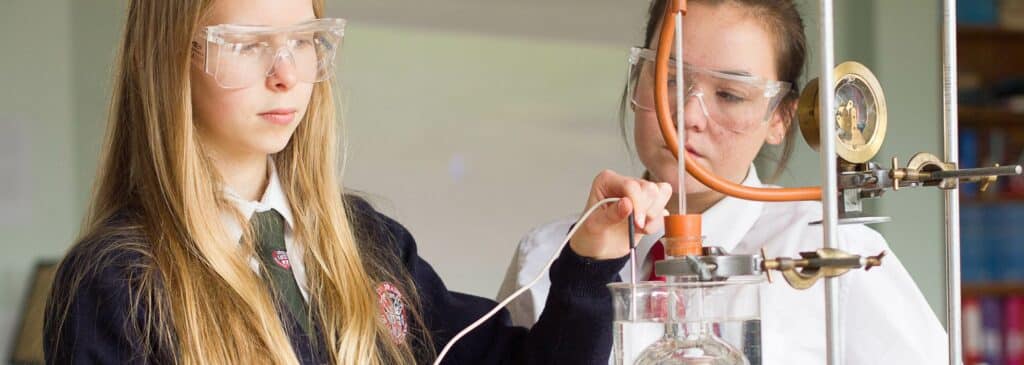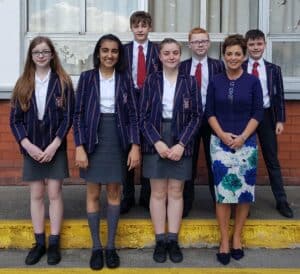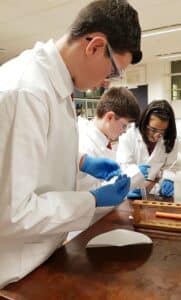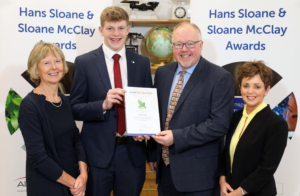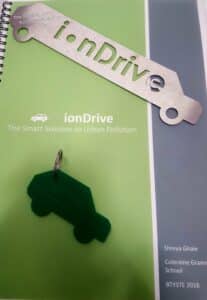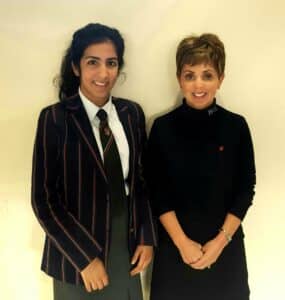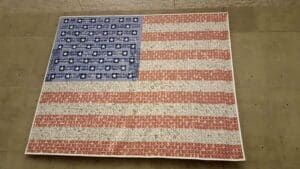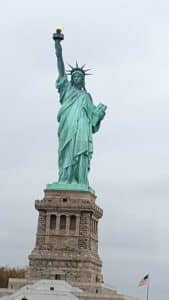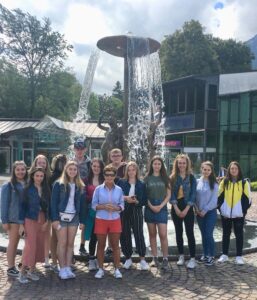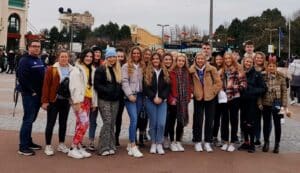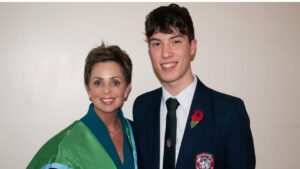Aims of the Department:
- To stimulate curiosity, interest and enjoyment of chemistry and to equip students for further studies requiring a scientific background.
- To help pupils develop safe experimental and investigative abilities, and acquire a systematic body of chemical knowledge, including the uses and limitations of chemistry.
- To encourage students to develop an understanding of technological, economic, environmental, social and ethical applications implications of chemical processes, in order to develop as well prepared citizens in a scientific and technological world.
At all levels a variety of teaching methods are used. Relevant practical work is an integral part of all schemes of work.
Career Opportunities in Chemistry – not all chemists wear white
A wide range of careers require an A level in Chemistry, including medicine, veterinary science, dentistry, the chemical industry, forensics, food science, pharmacy, biology, chemical engineering. The chemical industry is vital to the UK’s economy and is a major employer in the UK, including people in careers such as research chemistry, analytical chemistry, chemical engineering, management, sales and marketing.
Facilities
The department has 6 fully equipped teaching labs and 2 resource rooms. Each laboratory is equipped with;
- a data projector,
- an interactive white board and,
- a PC along with a range of sensors for practical experiments.
Internet Links
- www.creative-chemistry.org.uk – Fun activities.
- www.chemistrygeek.com – Interactive site.
- www.webelements.com – Useful source of information on elements.
- www.bbc.co.uk/schools/ks3bitesize/science/chemistry – Very good BBC KS3 site.
- www.bbc.co.uk/schools/gcsebitesize/chemistry – Very good BBC GCSE site.
- www.s-cool.co.uk – Excellent GCSE site.
- www.chemguide.co.uk – Excellent A level site.
- www.docbrown.info – Very good collection of GCSE/A level materials.
